Frontpage News (3259)
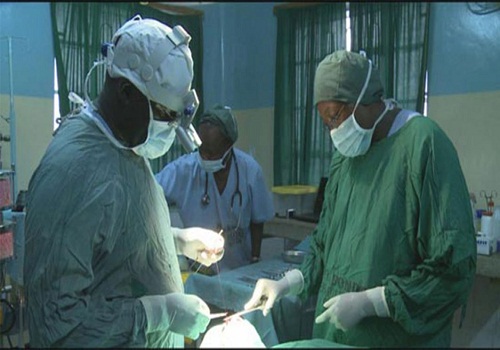 Medical doctors under the aegis of the Nigerian Medical Association (NMA) have decried the absence of ambulances stationed along the Abuja-Kaduna highway for the purpose of prompt emergency care and evacuation of victims of accidents.
Medical doctors under the aegis of the Nigerian Medical Association (NMA) have decried the absence of ambulances stationed along the Abuja-Kaduna highway for the purpose of prompt emergency care and evacuation of victims of accidents.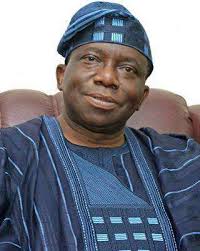 The Minister for Health, Prof. Isaac Folorunsho Adewole has officially confirmed his attendance as the chief guest of honour at the upcoming third Nigerian Health Awards.
The Minister for Health, Prof. Isaac Folorunsho Adewole has officially confirmed his attendance as the chief guest of honour at the upcoming third Nigerian Health Awards.
While expressing gratitude for the invitation to recognise and celebrate individuals and organisations committed to qualitative healthcare service delivery, he confirmed that the award is in line with the Federal Government’s agenda to save lives by ensuring excellent performance in the health sector as well as stimulate healthy competition among practitioners in the healthcare community.
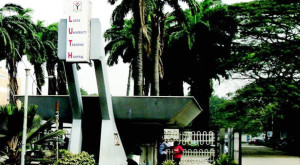 Lagos State government yesterday said it is determined to end treatment of ailments overseas, saying the Lagos State University Teaching Hospital (LASUTH) recently carried out the first successful Bone Bridge Surgery in West Africa.
Lagos State government yesterday said it is determined to end treatment of ailments overseas, saying the Lagos State University Teaching Hospital (LASUTH) recently carried out the first successful Bone Bridge Surgery in West Africa.
The state’s commissioner for Health, Dr. Jide Idris who stated this at a briefing said LASUTH has also carried out successful cochlear implant surgeries on three deaf patients without the support of foreign doctors.
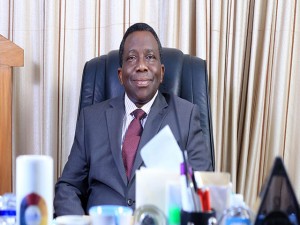 With about 45.9 million Nigerians, (27%) of the population, including pregnant women and children harbouring the malaria parasites in their blood and at the risk of severe morbidity and death from the disease, the Minister of Health, Prof Isaac Adewole has advanced reasons why malaria has continued to thrive in the country, defying potent control measures designed to check its menace.
With about 45.9 million Nigerians, (27%) of the population, including pregnant women and children harbouring the malaria parasites in their blood and at the risk of severe morbidity and death from the disease, the Minister of Health, Prof Isaac Adewole has advanced reasons why malaria has continued to thrive in the country, defying potent control measures designed to check its menace.
Speaking at a briefing to commemorate this year World Malaria Day in Abuja last week, the minister put the blame squarely on Nigerians, saying they constitute the greatest obstacle in the fight against the malaria scourge through their inability or failure to embrace measures aimed at defeating the ailment.
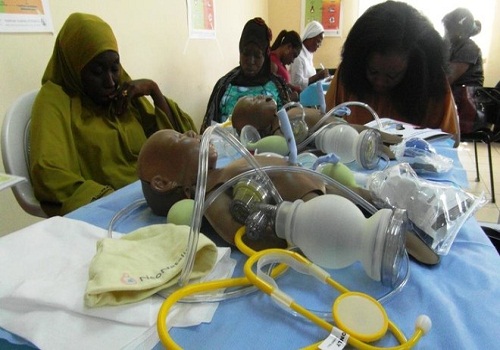 The United Nations Population Fund (UNFPA) has called for greater investments to increase the number of midwives and enhance the quality and reach of their services.
The United Nations Population Fund (UNFPA) has called for greater investments to increase the number of midwives and enhance the quality and reach of their services.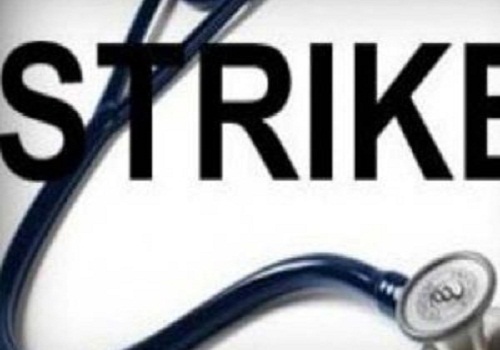 Medical and non-medical activities in all the government hospitals in Ondo were yesterday grounded as doctors in the employment of the government shut down all hospitals in the state.
Medical and non-medical activities in all the government hospitals in Ondo were yesterday grounded as doctors in the employment of the government shut down all hospitals in the state.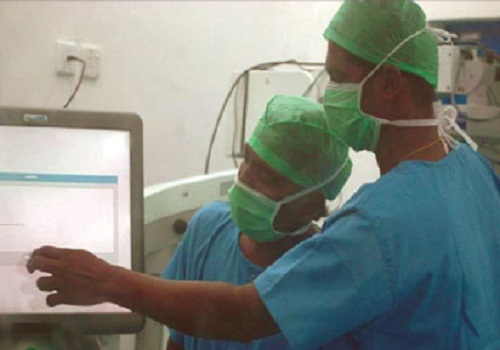 The World Health Organisation, WHO, has called on both the Federal and state governments to, as a matter of national interest, check the migration of trained health workers to other countries with a view to curbing its underlying negative effect on the health sector.
The World Health Organisation, WHO, has called on both the Federal and state governments to, as a matter of national interest, check the migration of trained health workers to other countries with a view to curbing its underlying negative effect on the health sector.  Contrary to some reports, the Global Funds for AIDS, Tuberculosis and Malaria has not stopped its grants to fight the diseases in Nigeria. But it admitted suspending disbursement to the principal recipients, the National Agency for Control of AIDS (NACA) and the National Malaria Elimination Programme (NMEP).
Contrary to some reports, the Global Funds for AIDS, Tuberculosis and Malaria has not stopped its grants to fight the diseases in Nigeria. But it admitted suspending disbursement to the principal recipients, the National Agency for Control of AIDS (NACA) and the National Malaria Elimination Programme (NMEP).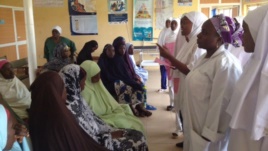 The National Association of Seadogs (NAS) said it rendered free medical services to more than 500 residents of Bakassi Returnees Camp in Yenagoa.
The National Association of Seadogs (NAS) said it rendered free medical services to more than 500 residents of Bakassi Returnees Camp in Yenagoa.
Mr Ifeanyi Onochie, the National President of NAS, told the News Agency of Nigeria (NAN) on Sunday that the exercise witnessed impressive participation by the beneficiaries who waited patiently to receive medical attention.
 The Association of Medical Laboratory Scientists of Nigeria (AMLSN) has called on President Muhammadu Buhari-led Federal Government to ensure full implementation of this year budget signed into law by the President last Friday.
The Association of Medical Laboratory Scientists of Nigeria (AMLSN) has called on President Muhammadu Buhari-led Federal Government to ensure full implementation of this year budget signed into law by the President last Friday.
AMLSN commended the President for signing the Appropriation Bill into law, following some hiccups that had preceded its signing into law.
More...
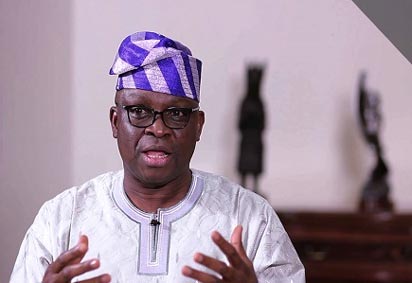 The protest rocking the Federal Teaching Hospital, Ido Ekiti, heightened on Wednesday as protesting workers locked Governor Ayodele Fayose out. Some staff had staged violent protests following the death of two doctors from the hospital that were among the six doctors and a driver that died along Abuja-Kaduna road on April 24.
The protest rocking the Federal Teaching Hospital, Ido Ekiti, heightened on Wednesday as protesting workers locked Governor Ayodele Fayose out. Some staff had staged violent protests following the death of two doctors from the hospital that were among the six doctors and a driver that died along Abuja-Kaduna road on April 24.
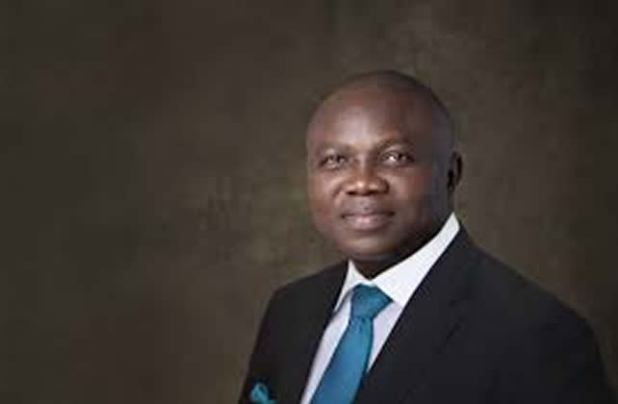 Lagos State Governor, Mr. Akinwunmi Ambode on Thursday accepted the offer to raise funds toward the establishment of Mobile Cancer Centre for treatment of people who require such treatment, just as he expressed absolute commitment to providing efficient health care service delivery to all residents of the State.
Lagos State Governor, Mr. Akinwunmi Ambode on Thursday accepted the offer to raise funds toward the establishment of Mobile Cancer Centre for treatment of people who require such treatment, just as he expressed absolute commitment to providing efficient health care service delivery to all residents of the State.
Ambode, who said the major driving philosophy of his administration is to selflessly serve humanity especially by lifting people from their challenges, expressed the optimism that the establishment of the Cancer Centre in Lagos would be to the greater benefit of the people.
 The Minister of Health, Prof. Isaac Adewole, has called for collaboration among stakeholders towards eliminating blinding trachoma in Nigeria.
The Minister of Health, Prof. Isaac Adewole, has called for collaboration among stakeholders towards eliminating blinding trachoma in Nigeria.
Adewole made the call on Tuesday in Abuja at an occasion to celebrate the progress and collaborative efforts towards eliminating blinding trachoma in the country.
‘African countries can close healthcare gap through innovative public-private partnerships’
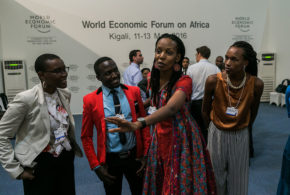 African and other developing nations can close the healthcare gap in their countries and reach OECD standards within years rather than decades through innovative public-private partnerships, a new report released by the World Economic Forum shows.
African and other developing nations can close the healthcare gap in their countries and reach OECD standards within years rather than decades through innovative public-private partnerships, a new report released by the World Economic Forum shows.
For example, according to the report, Health Systems: Leapfrogging in Emerging Economies, at current rates it would take Nigeria 300 years to achieve OECD levels of doctor access. However, case studies highlighted in the report reveal that programmes in Africa, particularly in Nigeria and Kenya, can reverse the trend.






